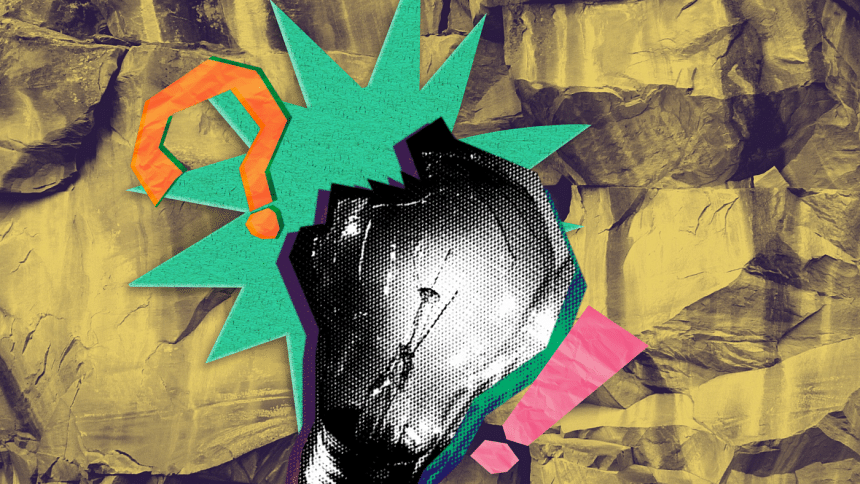Triumphing self-sabotage in creative pursuits

A friend of mine had a deep fascination for the autobiography by Jawaharlal Nehru. When he received the book as a gift from his uncle, his excitement was enough for us to think he would finish reading the book in a matter of days and start preaching the words of wisdom. That was two years ago. When asked why he still hasn't read it, he said he feared "the book might lose its mystique, its otherworldly aura."
This might be indicative of how we nurture a romantic idea of whatever creative enterprise we do, and fear losing and exhausting that creative spark.
Self-sabotage may be used to define a wide range of behaviours we resort to, unconsciously and consciously. It is when we become the obstacle. The most common way we practise this behaviour is when we procrastinate. We might start with the best of intentions and a big dopamine boost spurring us on, but when it's time to do the task, we stop short for fear of failure.
One of the two culprits is perfectionism. When even infinite trials aren't enough, and every step feels like a mistake. The other is cognitive dissonance. When reality clashes with our expectations. This happens when we hope to create masterpieces at the very first attempt. Both hurt our self-confidence. Procrastination piles up within our thoughts which leads to an inferiority complex. Once thoughts of inadequacy build up, they are too hard to uproot. We can get rid of this perception of ourselves by making a list of little things we know we can accomplish throughout the day and doing them accordingly.
More often than not, we sit with a pen and paper, take the painting brush up, or plug the guitar into the amplifier. But after hours, the page is still white, the canvas lacks lustre, and around us hover layers of undisturbed air.
For this, we need to stick to a routine that prioritises our creative work. Having a routine will help the brain know when to tune in creatively and when to establish a secure connection with that magical land beyond consciousness.
Sometimes we become fixated on innate talent while we fail to focus on improving our craft. Often, when trying to be humble, we end up destroying ourselves mentally. In trying to conform to others' notions of art, we blur our sense of creative expression, falling prey to self-doubt. We shouldn't forget that to be creative is to be rebellious. All creative inspiration comes as a flood of ideas. And our job as artists is to channel it so that it doesn't get clogged.
Abdullah woke up and found himself transformed into H. H under a Vanilla Sky, and amidst silver snowy sentences. Ask him to tell the tale at [email protected]

 For all latest news, follow The Daily Star's Google News channel.
For all latest news, follow The Daily Star's Google News channel. 



Comments